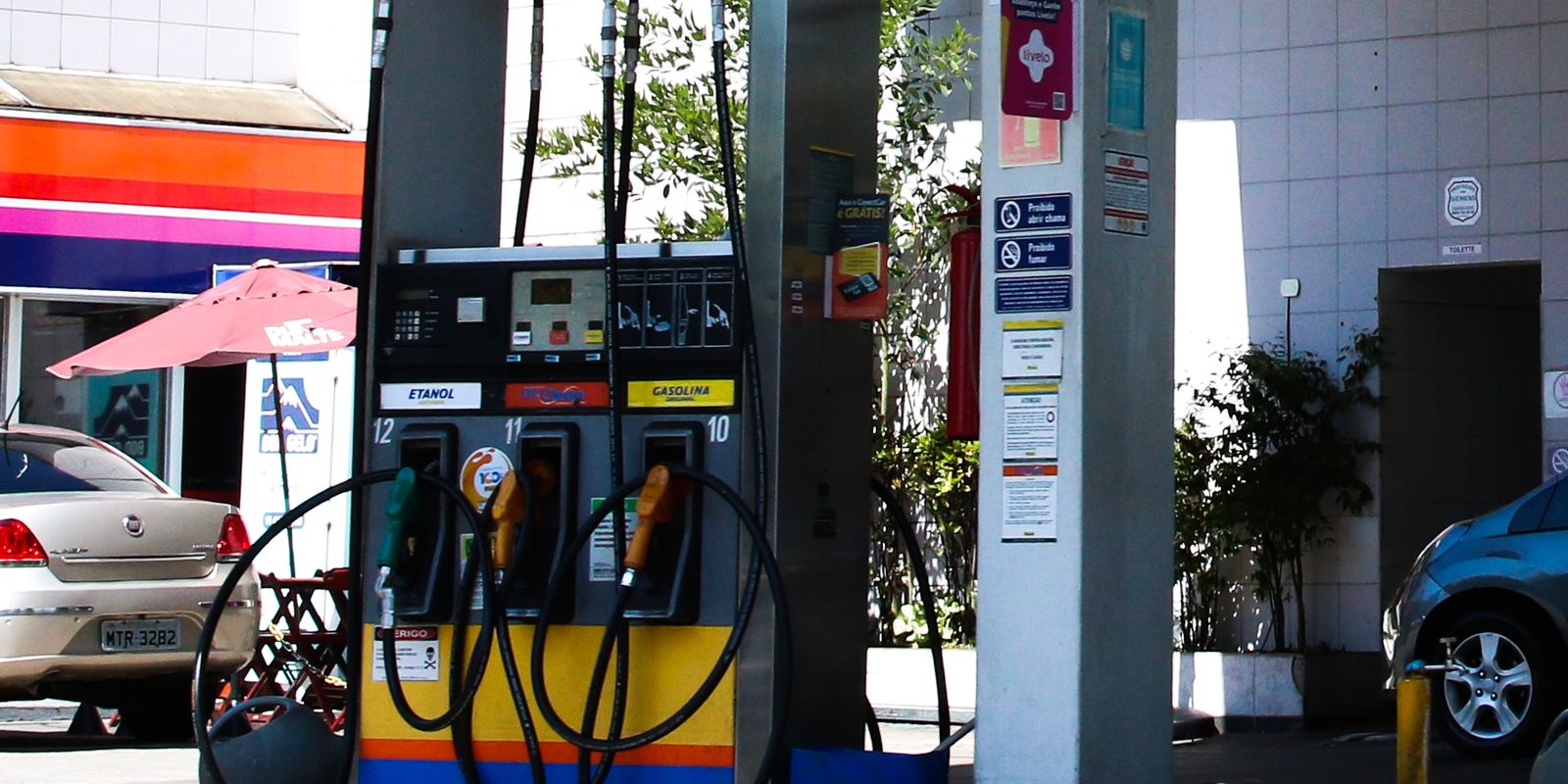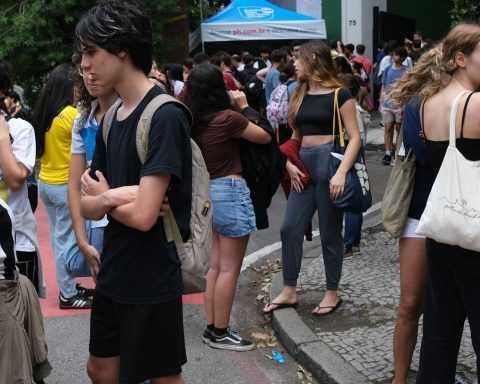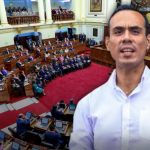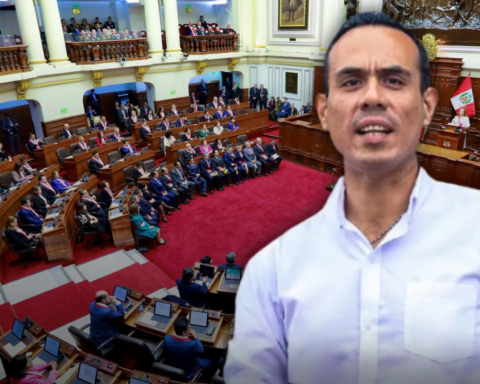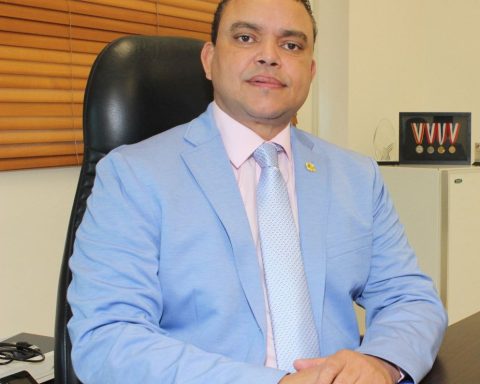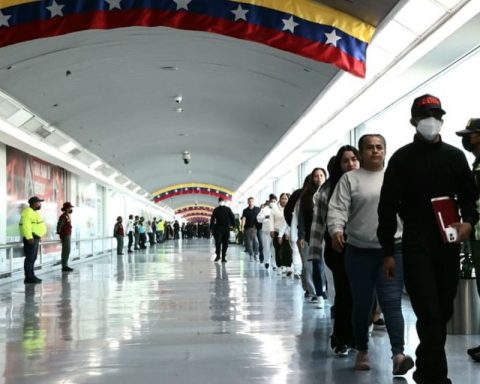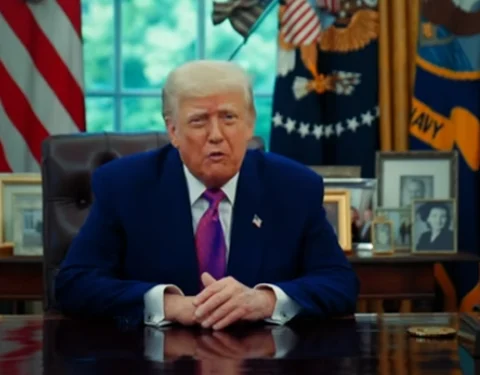It is scheduled for this week in the Senate the vote on two proposals that aim to reduce the price of fuel in the country. The Complementary Bill (PLP) 11/2020 and the Bill (PL) 1.472/2021 were on last week’s agenda, but were not voted on.
The PLP report was read and discussed, but the vote ended up being postponed until after Carnival. After the holiday, the rapporteur of the two projects, Jean Paul Prates (PT-RN), said he believes that the vote will take place without further postponement. The senator said he will be available for meetings on Monday and Tuesday afternoon.
“We can even play for Wednesday, if that’s the case. I just don’t think it can go to next week”, said the senator, in a conversation with journalists this afternoon (4). In the previous session, senators from the pro-government base and some considered independent asked for the discussion to be postponed, stating that they were not fully aware of the report.
Prates highlighted, however, that there are no more doubts or controversies regarding the text. One of the signs is that nobody approached him to present amendments to the projects after the postponement of the vote. “There was no point of disagreement that made me change. Didn’t show up. The tools are ready to vote. If any small increment appears, we analyze and correct it.”
For Prates, the rise in oil prices as a result of the war in Ukraine makes the debate even more urgent. Since 2016, Petrobras has adopted the so-called Import Parity Price Policy (PPI), which links the price of oil to the international market, having as a reference the price of the Brent barrel, which is calculated in dollars. This means that the international value of oil and the dollar quotation directly influence the composition of the company’s prices.
“There is no argument [para não votar]. You have to be very brave to get there, in the midst of the Ukraine crisis, with the price of oil at US$ 115, US$ 120 a barrel, and say: ‘calm down, I still don’t know what the impact will be’. It’s been a year since the price [do combustível] is going up, and you [da base do governo] saying they couldn’t do anything. We do projects, process, discuss in committees, and then they come to say that we are not ready? It’s a lousy argument.”
The senator used the carnival holiday to talk to colleagues in the Senate and governors, clearing up doubts about the two projects and, according to him, “fighting some misinformation and unclarified fears”.
Prates also defends keeping open the dialogue on the suggestions presented in plenary in the last session. On the occasion, the rapporteur accepted proposals to enable the vote on that day. The tendency is to reopen the debate for these proposals. “We are keeping it under discussion, it is a valid legislative strategy. When they postponed it, I said: ‘all these things that you brought me I will analyze during the holiday period’. I am considering, and a lot, but it is up for discussion,” he added.
ICMS and gas allowance
PLP 11/2020 proposes the simplification of the Tax on the Circulation of Goods and Services (ICMS) throughout the country, instituting the so-called “monophasia”, that is, the collection of the tax in only one phase of the production chain.
Currently, ICMS on fuel varies from state to state and is calculated throughout the distribution chain and on an average price at the pump. The PLP proposes that the tax has a fixed amount in reais, per liter of fuel, instead of being charged as a percentage of the final price of the product.
The project also includes an increase in the value of the gas allowance, reviewing the legislation that created it and expanding its audience to 11 million families in 2022. It would double its service target in relation to the amounts originally approved in the annual budget law. To pay for the expansion, Prates estimates that it will be necessary to double the program’s budget, including another R$ 1.9 billion.
As a source for the expenses with the gas aid, the rapporteur indicated the funds raised with the signature bonuses of the oil fields of the Sépia and Atapu pre-salt. Both fields were sold in the second round of bidding for excess volumes from the pre-salt transfer of rights, in December last year.
Stabilization Fund
PL 1,472/2021, which creates the Stabilization Fund, aims to use its resources to prevent the effects of constant changes in the price of oil and other variables that affect the value of fuels from being felt directly at gas stations.
The PL establishes price policy guidelines for the sale of fuels and petroleum derivatives, as a way of protecting consumer interests; reduction of external vulnerability; encouraging the use of the installed capacity of refineries; moderate domestic prices and reduced domestic price volatility.
The project also stipulates that the prices of petroleum-derived fuels practiced in the country have as a reference the average quotations of the international market, the internal costs of production and the costs of importation.
The author of the project, Senator Rogério Carvalho (PT-SE), criticizes the current formula for calculating fuel prices, based on International Price Parity. For Rogério Carvalho, the adoption of the PPI has consequences for the entire economy and harms the most vulnerable population. The senator said that was what motivated him to present a project to debate Petrobras’ pricing policy.
One of the senator’s arguments is that Petrobras would have reduced its refining capacity in order to increase the presence of the private sector in the sector, hence the calculation of the value based on the PPI. Also according to him, “PPI results in extraordinary gains for Petrobras, and the ultimate objective would be to sell its refineries”.
The text also created an export tax for crude oil starting at US$ 40 a barrel, but the rapporteur met a lot of resistance among colleagues and removed the export tax from the text, to facilitate the approval of the project.
